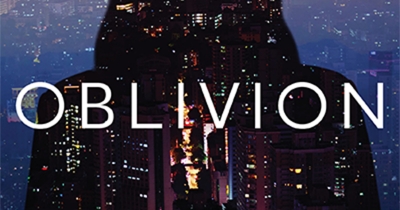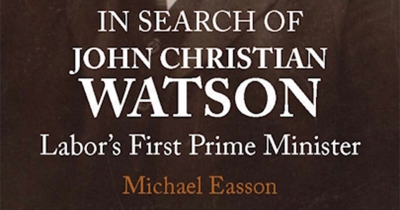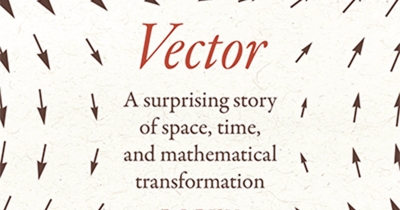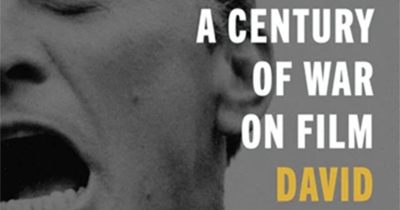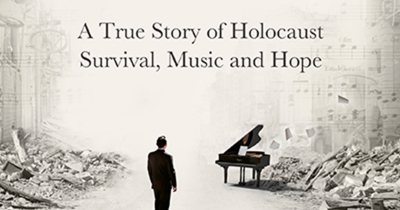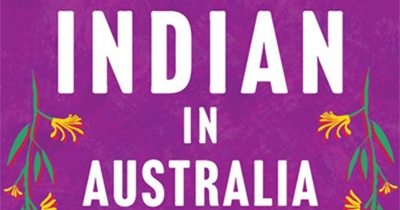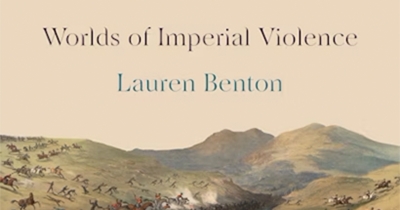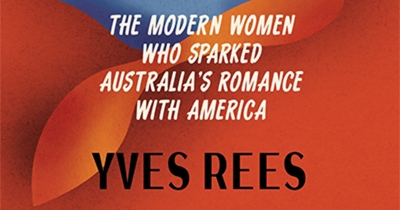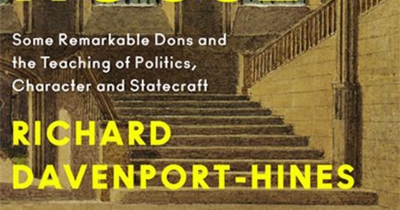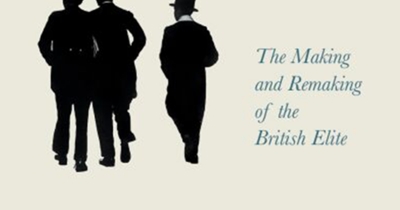Review
In Search of John Christian Watson: Labor’s first prime minister by Michael Easson
by Lyndon Megarrity •
Vector: A surprising story of space, time, and mathematical transformation by Robyn Arianrhod
by Michael Lucy •
The Fatal Alliance: A century of war on film by David Thomson
by Kevin Foster •
They Called It Peace: Worlds of imperial violence by Lauren Benton
by Jeremy Martens •
Travelling to Tomorrow: The modern women who sparked Australia’s romance with America by Yves Rees
by Kirsten Tranter •
History in the House: Some remarkable dons and the teaching of politics, character and statecraft by Richard Davenport-Hines
by Glyn Davis •
Born to Rule: The making and remaking of the British elite by Aaron Reeves and Sam Friedman
by Gordon Pentland •

